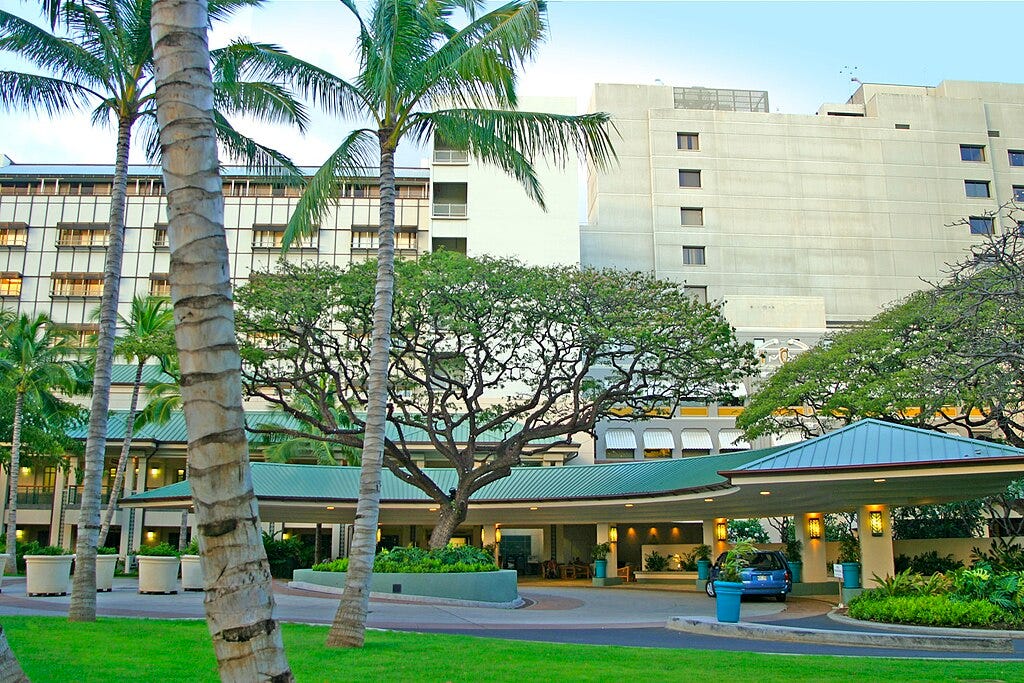Some personal reflections on the anniversary of the strokes I had shortly after starting this newsletter in 2022.
Three years ago, I collapsed. A CT scan revealed I’d had two strokes. I was in and out of consciousness in the ER for hours. When I finally came to, I wasn’t able to walk or focus my eyes. I didn’t know then I’d still be alive today.
Of course, I knew in some abstract sense—as I think we all know—how fragile life is. But I didn’t really get it until I lay helpless on the floor of my apartment waiting for paramedics to arrive; I didn’t really feel it until I needed help to use a walker to shuffle across the neurology ward. It would have been hard a few days earlier for me to imagine being unable to walk—walking always seemed like the easiest thing in the world—but suddenly standing stationary on a flat surface was like balancing on a tightrope. When I got back to my hospital bed, I put my head in my hands and cried.
In one sense, I had been unlucky. I had high cholesterol and high blood pressure, but it’s relatively rare for someone to have a stroke at the age I had one. Further scans showed I was born with a hypoplastic—unusually narrow—right vertebral artery, which had become almost completely occluded by plaque. Clots had formed at the site of the blockage and become lodged in my brainstem, causing the tissue around them to die. My main symptoms—severe vertigo, double vision, nerve pain, loss of balance and coordination, the inability to feel abrasion and temperature on one side, difficulty swallowing, and even uncontrollable hiccups—were classic symptoms of Wallenberg syndrome caused an injury to the lateral medulla oblongata. I spent three weeks in hospitals recovering and learning how to walk again.
When I returned home, everything was difficult and tiring. I was out of shape after three weeks in hospital beds. My watch told me I was taking less than 2,000 steps a day. I unconsciously held on to counters and braced myself against walls. I was in mild but constant pain, which added friction to every activity I engaged in. I experienced debilitating fatigue that left me exhausted even when I had barely done anything. I struggled to work at even half of my previous capacity.
Now, three years later, I feel extraordinarily lucky. Most of the other patients at the rehab hospital had more severe symptoms than I did. My roommate—who was much younger than I was—was largely paralyzed on one side and in unbearable pain. But after three years I’ve made an almost complete recovery. My cognitive abilities appear unaffected by the damage to my brain. I can walk normally, see without double vision, and swallow food without difficulty. These may seem like small things if you’ve never experienced their loss, but I’m grateful for them every day.
What I didn’t realize is how profoundly having strokes would mark me. Strokes, like other medical crises, are traumatic events that happen without our consent. The fact I had them—that I am a stroke survivor—has become central to my identity. I transformed my diet, cutting out alcohol and red meat almost entirely. I take aspirin, blood pressure medication, and two types of cholesterol medication. My energy levels haven’t recovered completely, and I try not to subject myself to unnecessary strain. My lingering deficits—the left side of my face feels a little like a rubber mask, I can’t sense temperature with my right leg, I can’t balance on either leg when I close my eyes—are constant reminders of the fragility of existence. I know the life expectancy of people who’ve had a stroke is significantly shorter than the life expectancy of those who haven’t had one; I’m always conscious of the nearness of death and disability. But I also now take extraordinary pleasure in walking across a room or opening my eyes to a new day.
Here’s what I wrote from the hospital after my strokes. I’m grateful to everyone who supported me throughout my recovery. I’m especially grateful to Mike, who helped me walk across the neurology ward; to Kelly, who taught me how to change direction without losing my balance; and most of all to Meera, who took care of everything when I couldn’t take care of anything. Thanks for reading Telling the Future.



A powerful, insightful piece, Robert. Thank you.
Well done! Long roads can be good ones once one can look back at the view.